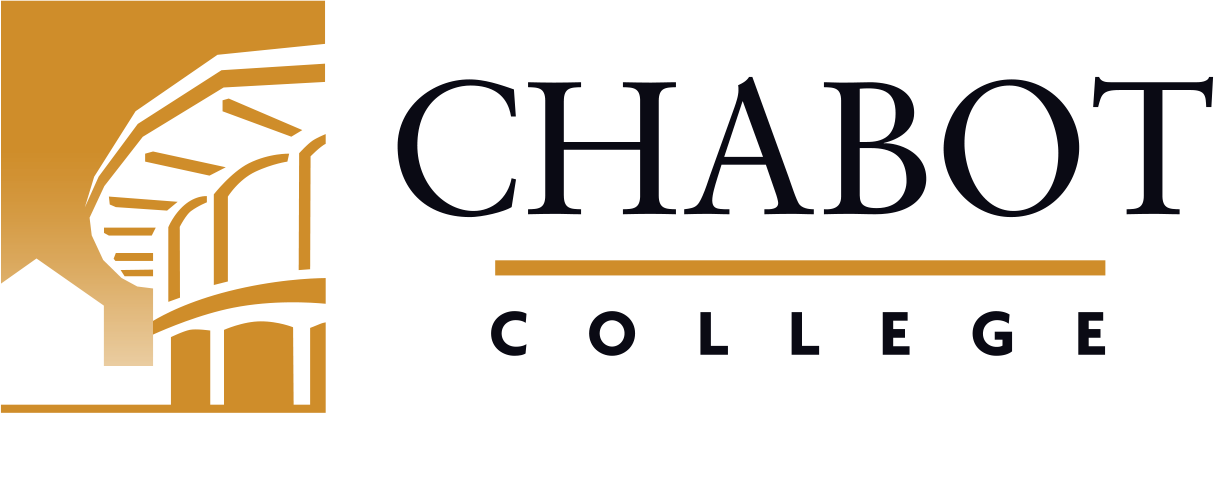
Program Map
History - Associate in Arts for Transfer

Program Map
History - Associate in Arts for Transfer
- Social Sciences, Humanities & Education
This program map from the 2024-2025 catalog year represents one possible pathway to complete this program. Your pathway may vary depending on your transfer plans and also previous college credit, including AP Test scores, concurrent enrollment courses and high school articulated courses.
I'm ready to get started. What do I do next?
- Review this program map to get an overview of the required courses
- Meet with a counselor to develop your customized student education plan www.chabotcollege.edu/counseling
- Use DegreeWorks, an online student education planning tool, to track your progress toward graduation www.chabotcollege.edu/admissions/degreeworks
This broad field allows historians to study broad concepts such as world history, as well as focusing on shorter time periods, or specific groups of people or ideas. The core courses for the major cover those broad surveys of American history as well as the world. Students can then narrow the focus in other history courses that study certain areas of the world, specific groups in American history as well as other topics. They can also pursue related courses in other disciplines to round out their knowledge of historical events and approaches to history.
A degree in history is not only useful in getting a job or pursuing a career as an historian or educator, but can be used as a springboard into other career paths. You can pursue a career in education at the K-12 level, or, with an advanced degree, at the college level. You can work as a historian/ranger for the National Park Service, National Forest Service, and state and local park services. Many government agencies at the national local levels have history related bureaus that record and tell the history of that agency. Many of these agencies run museums that utilize historians, such as all the military branches and such diverse agencies as the Dept.of Agriculture and the Dept. of Energy to name just a few. Many private museums, parks, historic homes, and local history organizations hire historians. Many corporations have history departments to archive resources, and as public relations outreach. Such companies as Wells Fargo and General Electric have history branches.
A history degree is a natural pre-requisite as a role as an archivist for historical records at any of the employers mentioned above, as well as libraries that maintain special collections related to history. Jobs in Cultural Resource Management, (protecting, interpreting, and recording culturally sensitive areas) and historic preservation, (restoring and preserving historically important structures), are also open to history majors. A history degree is a springboard to work or advanced academic degrees in such fields as Law, Journalism, Political Science, Ethnic Studies, Archaeology, and others.
Critical Course Prerequisite for Other Courses Prerequisite Required Required for Major GE General Education
Complete two courses (6 units)
List B: Complete one course each area (6 units)